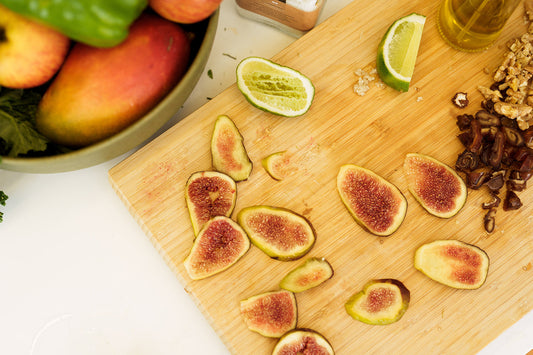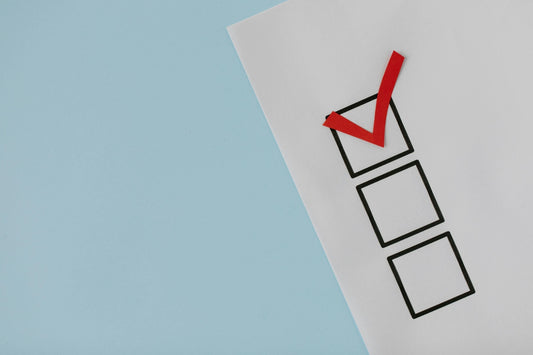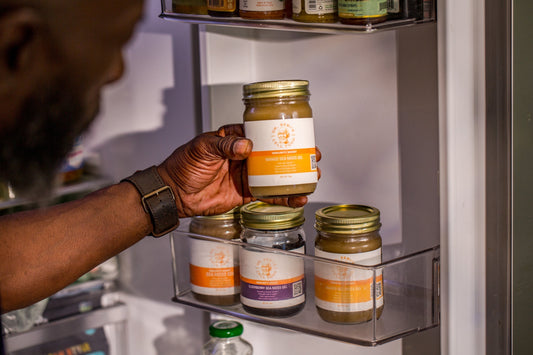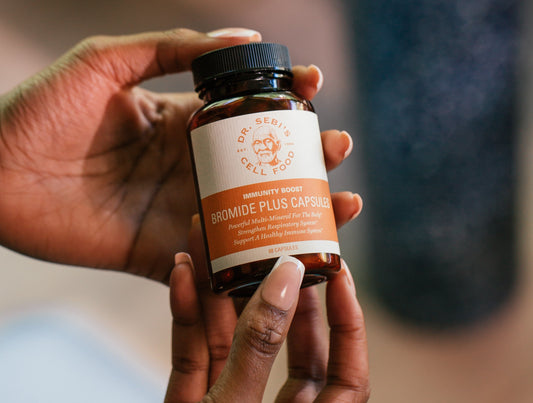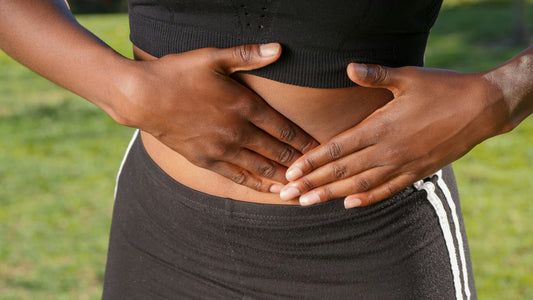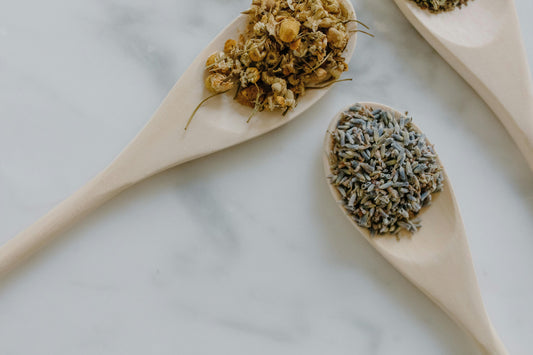Procrastination is the silent thief of productivity—and a very tricky one to avoid.
Research shows that about 20% of adults are chronic procrastinators, regularly delaying tasks in ways that negatively impact their lives. And among young adults aged 18 to 29, the rate is even higher, with studies suggesting that 80 to 95% of students procrastinate on their work.
If you’re looking to build a life where you’re no longer ruled by procrastination—where you can finally get things done and feel in control of your time—let’s make that a reality!
Procrastination vs. Laziness
Procrastination is often mistaken for laziness, but the two are fundamentally different. While laziness is a lack of desire to exert effort, procrastination involves actively delaying tasks despite knowing the negative consequences, often due to fear of failure, perfectionism, or feeling overwhelmed.
Can Procrastination Ever Be Good?
While procrastination is generally seen as negative, it can sometimes lead to positive outcomes. Strategic procrastination, or delaying tasks intentionally to allow for more creative thinking or better decision-making, can be beneficial. However, this approach requires careful balance to avoid the pitfalls of chronic procrastination.
How to Stop Procrastinating
Breaking the cycle of procrastination isn’t always as simple as telling yourself, “OK, now do it!” Rather than using sheer force of will, put these steps into practice.
1. Recognize and Ask “Why?”
The first step to overcoming procrastination is acknowledging when you're doing it and identifying the root cause. Ask yourself why you’re delaying the task—whether it’s due to fear of failure, overwhelm at the size of the project, or a lack of direction, knowledge, or motivation—so you can address the underlying issue directly.
2. Reduce the Number of Decisions
Decision fatigue is real! When your brain gets overwhelmed by having to make too many decisions, reduce the number of choices you need to make. Plan your meals ahead of time, set out your clothes the night before, and create a daily to-do list with prioritized tasks, so you can focus on getting things done without constantly deciding what to do next.
3. Break Things Down Into Smaller Steps
Large tasks can feel overwhelming, leading to procrastination. Break your projects down into the smallest, most manageable steps possible. For example, if housecleaning is on your list, break it down into separate rooms—or even individual pieces of furniture.
Need to break it down more? Assign a different room to a specific day, reducing the big chore into smaller tasks. The feeling of crossing each item off the list helps you build momentum.
4. Always Have a Plan
A clear plan or schedule can keep you on track and reduce the temptation to procrastinate. Set specific deadlines and commit to sticking to your plan, treating it as a non-negotiable part of your day.
5. Adjust Your Environment
Your environment plays a significant role in your ability to focus. Adjust your workspace to minimize distractions—whether it’s by decluttering, turning off notifications, or creating a designated work area—to help you stay focused and productive.
Procrastination Hacks
If you’re a chronic procrastinator, sometimes, the tried and true methods above aren’t quite enough to get you motivated. Sound like you? Try one of these hacks to trick your brain into working.
The Nothing Alternative
The Nothing Alternative, as conceptualized by crime writer Raymond Chandler, involves giving yourself the choice to either work on the task at hand or do nothing at all. By eliminating other distractions, you’ll often find that working on the task is more appealing than doing nothing, helping you to get started.
The Next-Action Habit
The Next Action Habit, described in the book “Getting Things Done,” by David Allen, focuses on identifying the very next action you need to take to move a task forward. By breaking tasks into specific, immediate actions, you reduce overwhelm and make it easier to get started.
70-Percent Rule
The 70-Percent Rule encourages you to begin a task even if you’re only 70% ready. Instead of waiting for perfect conditions or complete readiness, taking action sooner helps you overcome inertia and make progress.
2-Minute Rule
The 2-Minute Rule suggests that if a task can be done in two minutes or less, you should do it immediately. This helps prevent small tasks from piling up and becoming overwhelming, making it easier to maintain momentum.
Pomodoro Technique
The Pomodoro Technique involves working in focused intervals of 25 minutes, followed by a short break. This method helps maintain concentration and prevents burnout by breaking work into manageable chunks with regular rest periods.
Eisenhower's Urgent/Important Principle
Eisenhower's Urgent/Important Principle helps you prioritize tasks by categorizing them based on their urgency and importance. This technique ensures that you focus on what truly matters, reducing procrastination by addressing high-priority tasks first.
Start Small
Begin your work day with the easiest or smallest part of a task to build momentum. By accomplishing something quickly, you create a sense of progress that can motivate you to tackle more challenging aspects of the task.
Eat the Frog
The opposite of that is “eating the frog,” which means tackling your most challenging or least appealing task first thing in the morning. By getting it out of the way early, you free up mental energy and reduce the temptation to procrastinate throughout the day.
Tips to Prevent Procrastination
Visualize the End Result
Take a moment to visualize how good it will feel to have completed the task. Focusing on the positive outcome can provide the motivation you need to get started and stay on track.
Don’t Beat Yourself Up
Beating yourself up over procrastination only adds to the stress and makes it harder to get started. Instead, acknowledge your feelings, forgive yourself, and focus on what you can do next.
Give Yourself a Pep Talk
A quick pep talk can boost your motivation and confidence when you're feeling stuck. For example, remind yourself of past successes and affirm that you can handle the task at hand—”I’ve done harder things before, and I can do this too.”
Change Your Perspective
If a task feels overwhelming, try changing your perspective by focusing on the benefits of completing it rather than the effort it requires. This shift in mindset can make the task seem more manageable and less daunting.
Embrace Imperfection
Accept that perfection is not always necessary and that it's okay to produce work that is “good enough.” This mindset can help you overcome the paralysis that often leads to procrastination.
Reward Yourself
Create small rewards for completing tasks to reinforce positive behavior. For example, after finishing a challenging task, treat yourself to a break, a yummy and healthy snack, or something you enjoy to stay motivated.

































